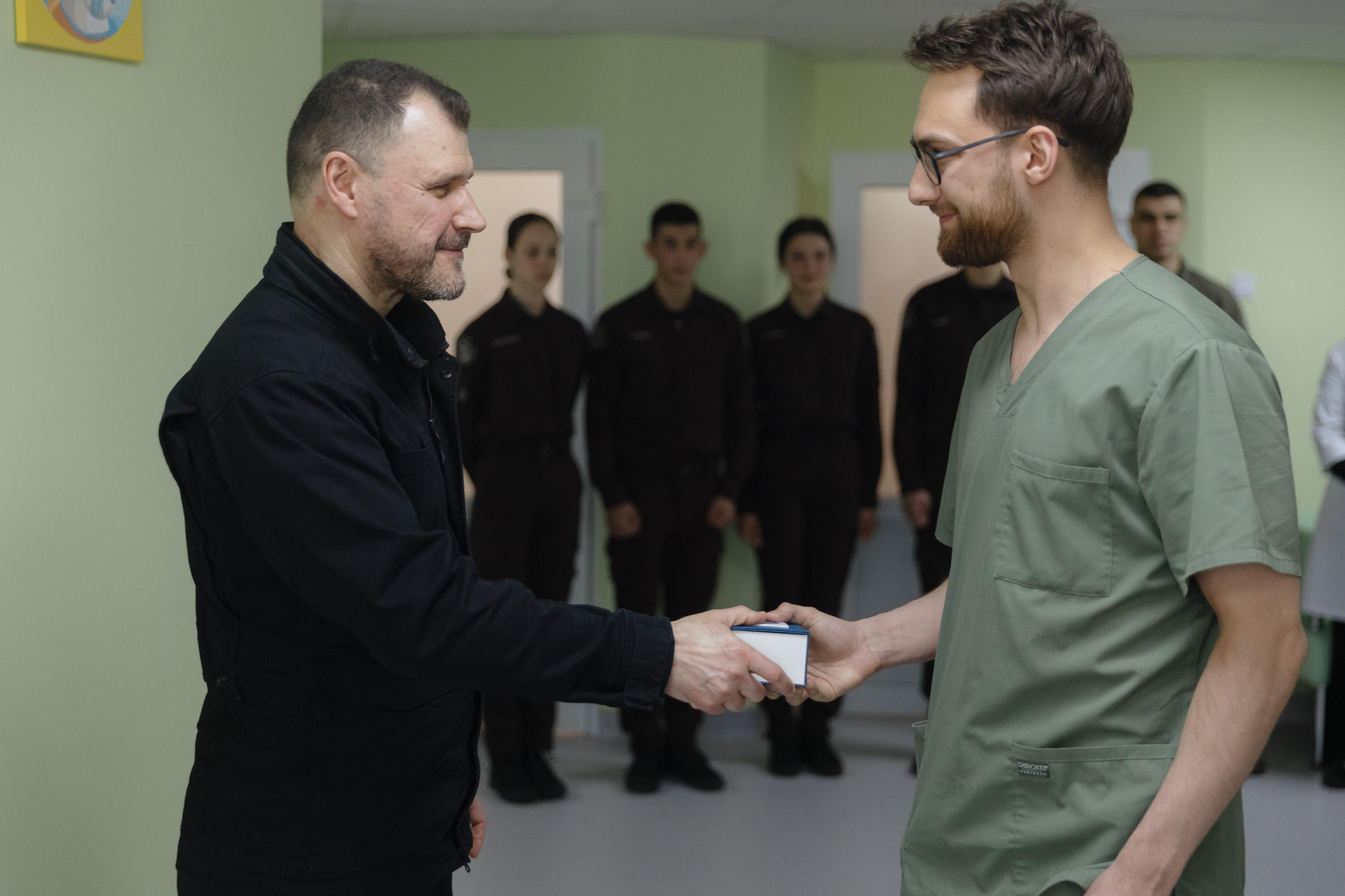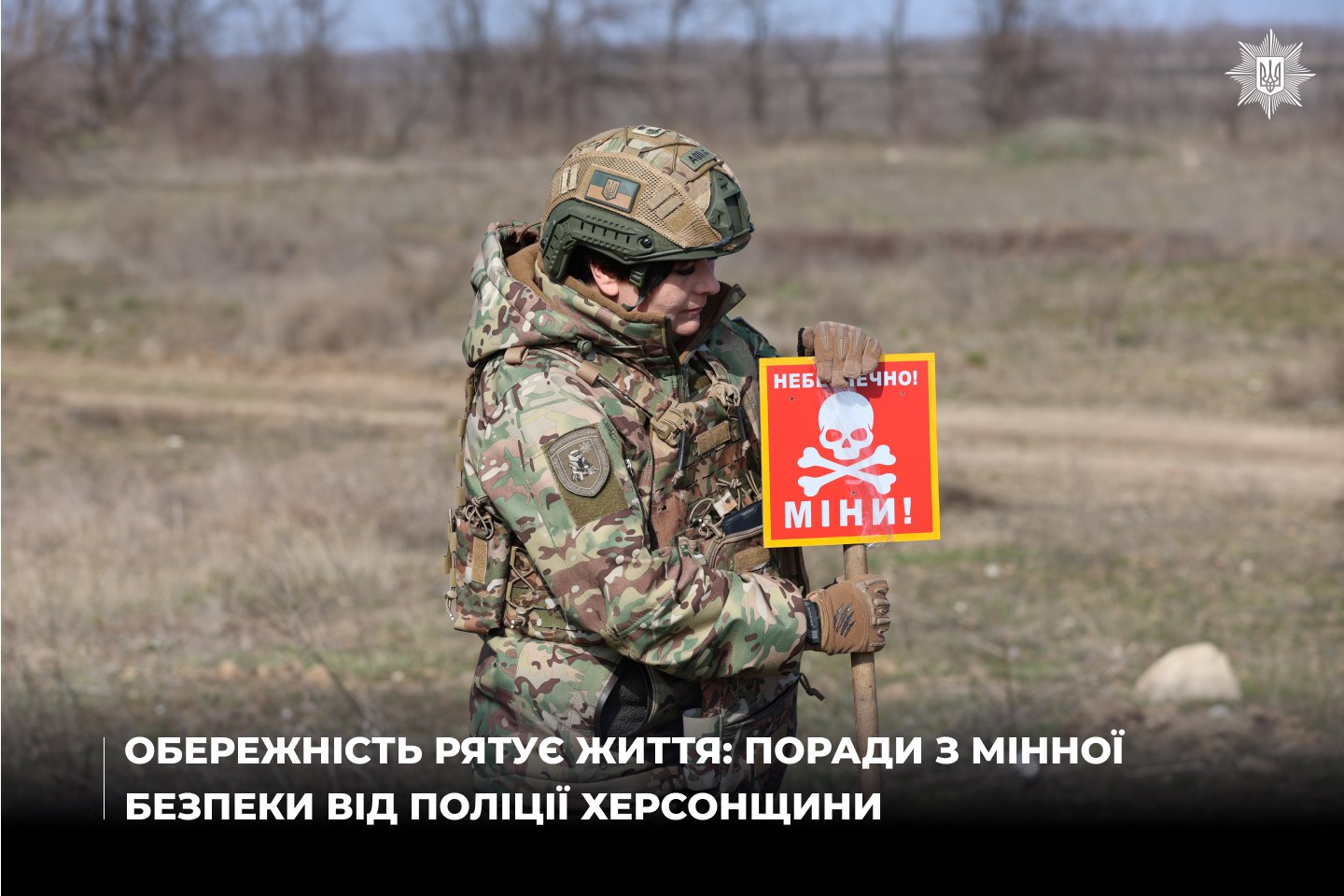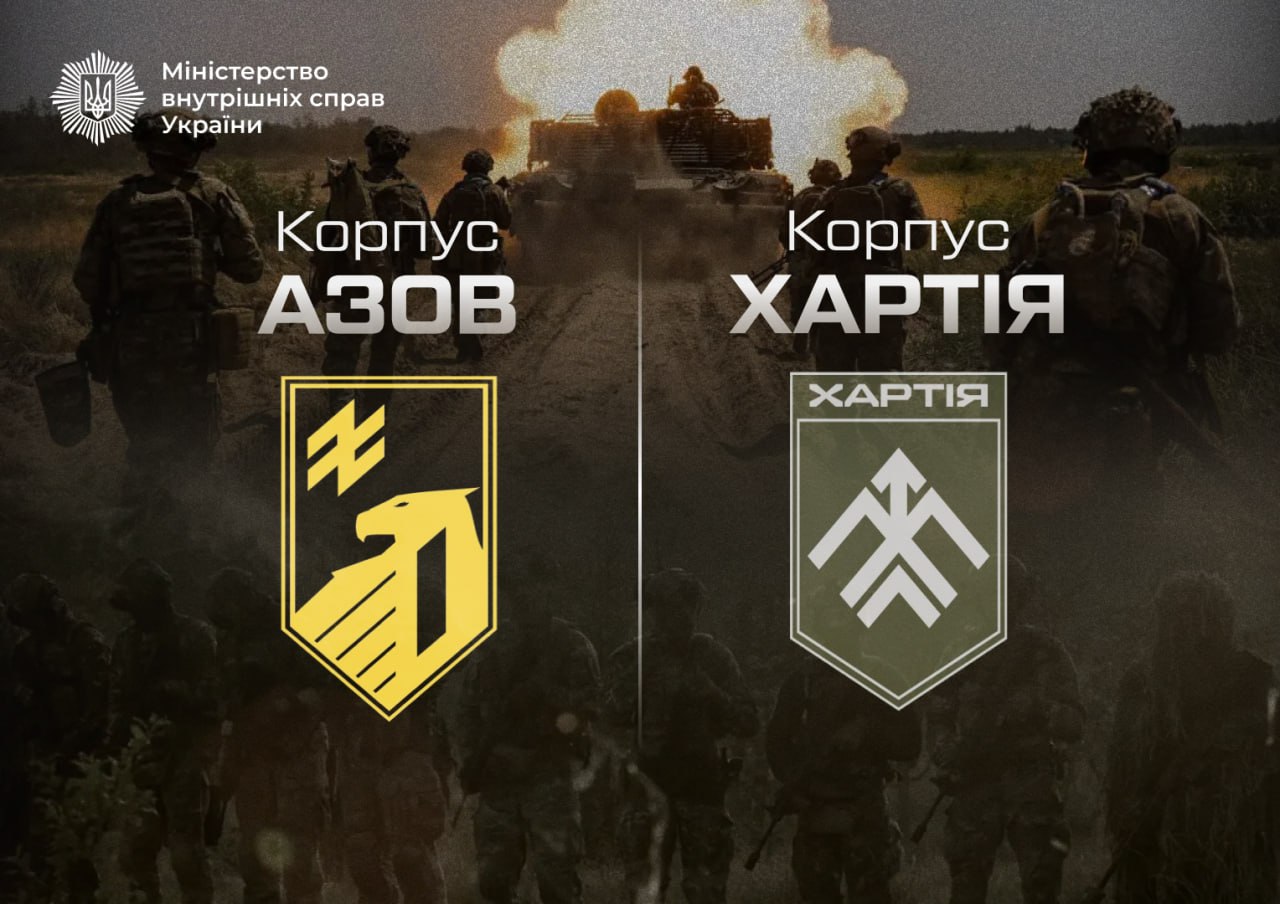During a meeting with the UN Special Rapporteur on Torture, Ekaterina Pavlichenko reported the discovery of 80 Russian torture victims in Ukraine

Today, Deputy Minister of Internal Affairs of Ukraine Kateryna Pavlichenko held a meeting with the UN Special Rapporteur on Torture and Other Cruel, Inhuman or Degrading Treatment or Punishment, Alice Jill Edwards. Representatives of the National Police of Ukraine and the Ministry of Internal Affairs of Ukraine also joined the meeting.
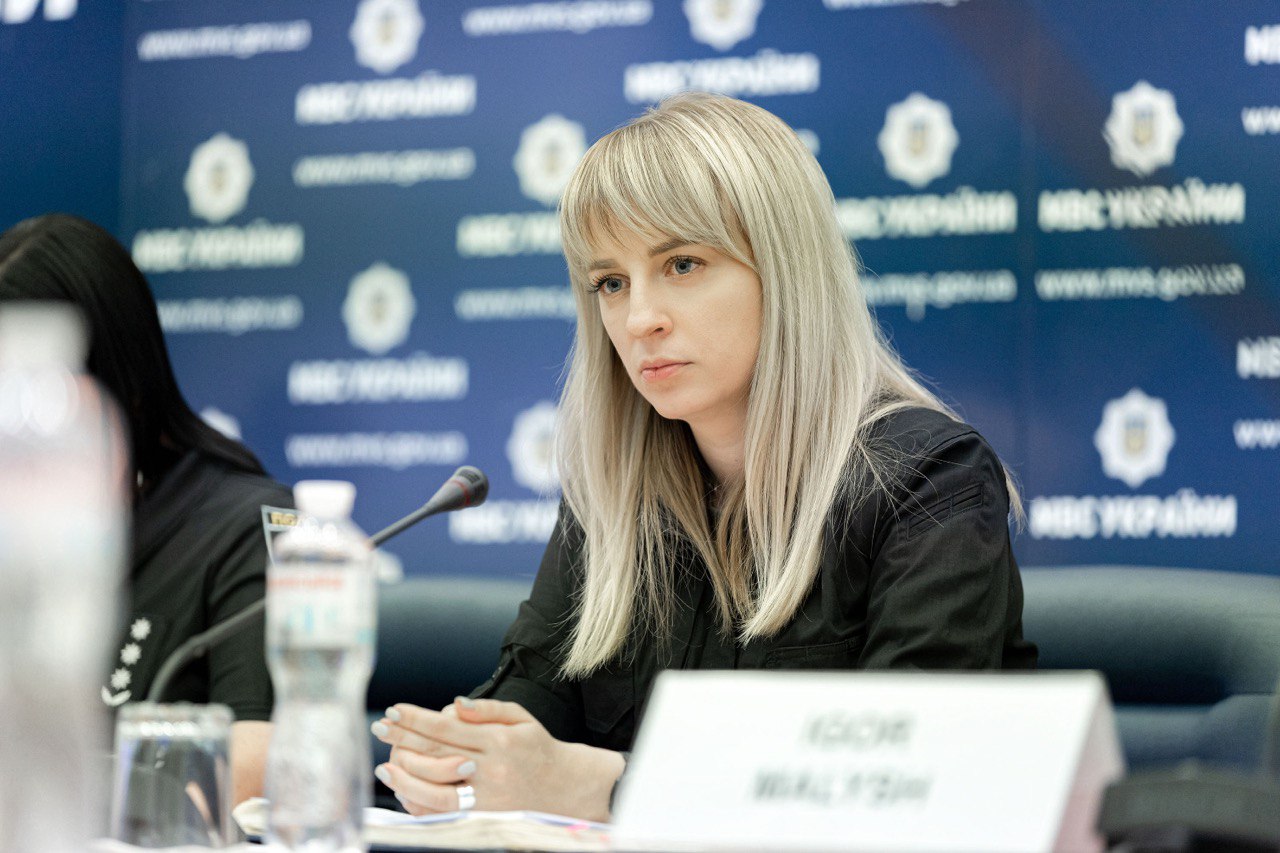
Kateryna Pavlichenko provided the representatives of the foreign delegation with full information on all human rights violations in connection with the full-scale invasion of the Russian Federation on the territory of Ukraine. According to her, the investigators of the National Police of Ukraine opened more than 80 thousand criminal proceedings concerning crimes of the Russian military on the territory of our country. Among them are killings of civilians, women children, sex crimes, executions of evacuation corridors, murder of journalists and destruction of cultural heritage.
“Most of the Ukrainian territories are occupied. However, places of freedom, torture, where civilians were illegally detained and tortured, were found in the de-occupied territories. The police have already found 80 such places, in the territory of Kharkiv, Zaporizhia, Kherson, Kiev and Sumy regions,” the deputy head of the Ministry of Internal Affairs noted.

The main problem of investigating and documenting war crimes, according to Ekaterina Pavlichenko, is that law enforcement officers do not have access to the occupied territories where such crimes occur.
She also emphasized the fact that many soldiers of the National Guard of Ukraine, border guards and rescuers are still in captivity. And the relatives of these people do not have proper access to information regarding the detention of these individuals.
“Civilians are also in captivity, who in fact are hostages, not captives. Among the prisoners are also women, medical workers and persons - in serious medical condition,” the deputy minister noted.
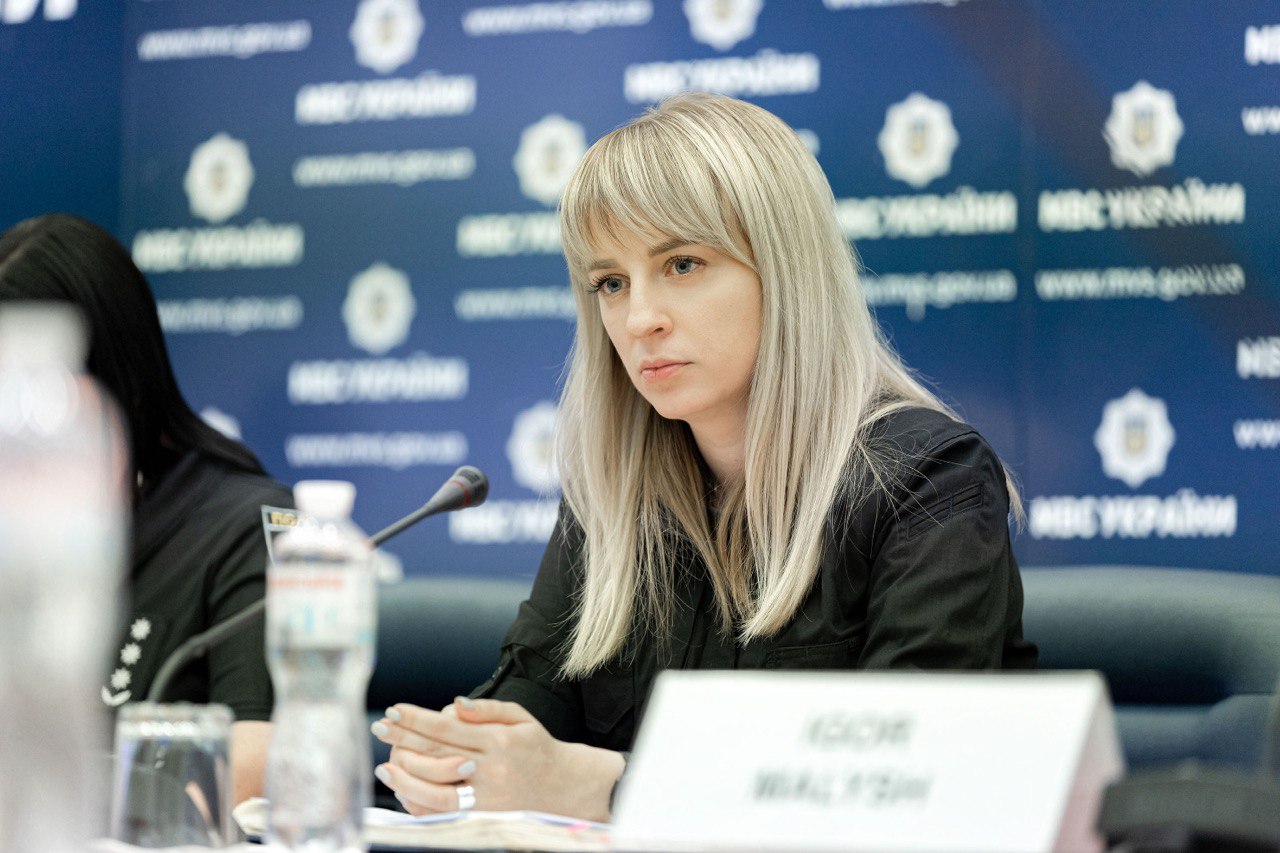
During the meeting, representatives of the Main Investigation Department of the NPU reported that recently in the territory of the de-occupied Bucha of the Kiev region, they found another torture house and a place of illegal detention. It was there that in the period from March 3-7, 2022, the Russian military illegally detained 151 people, among whom were children. They did not allow people to eat, drink and were forbidden to leave the premises. Recently, a joint coordination headquarters for the investigation of this war crime was launched in Bucha.
Alice Jill Edwards, in turn, reported that she is in Ukraine collecting information for a report on the investigation of crimes using torture. In addition, the UN Special Rapporteur asked about the challenges faced by law enforcement officers during the investigation.
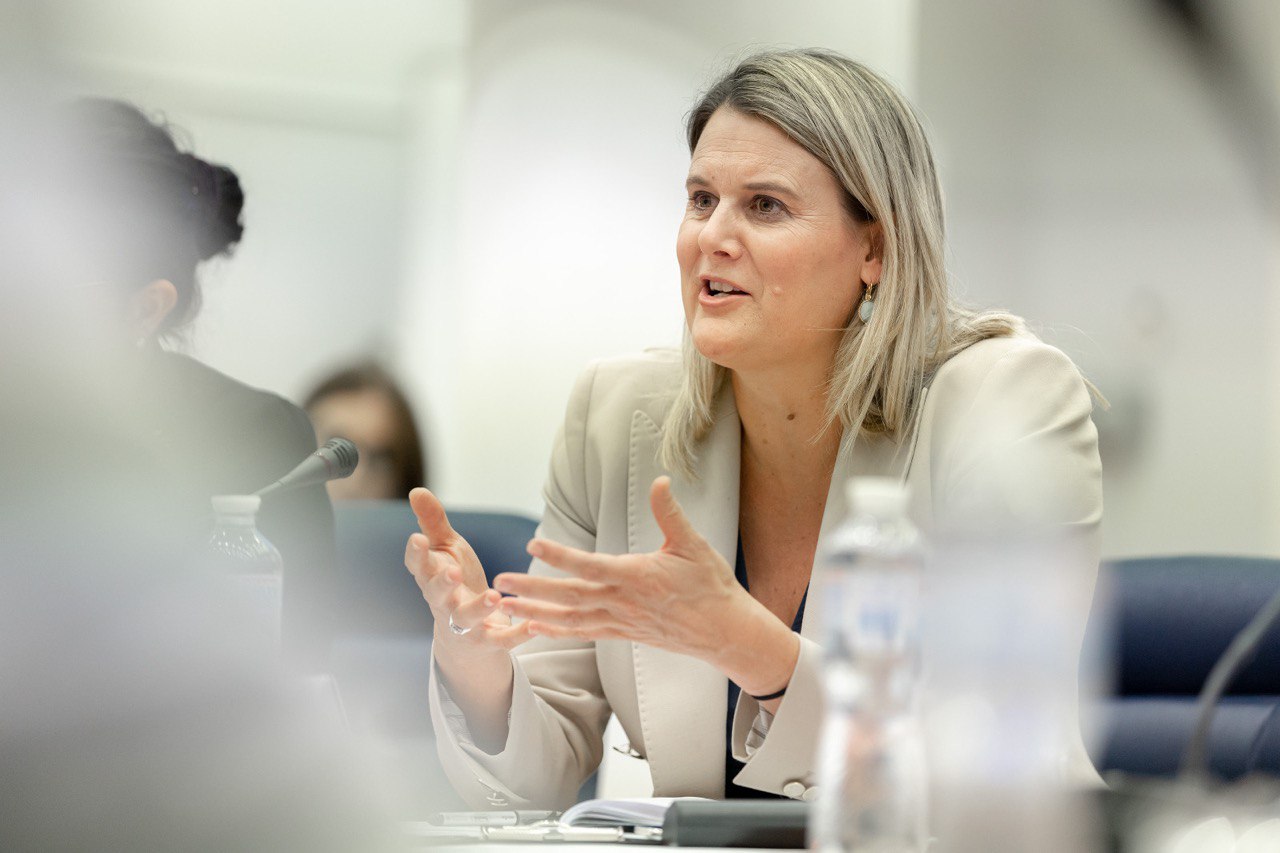
So Kateryna Pavlichenko named the main challenges for police and investigators:
1. There is no access to the occupied territories where war crimes are taking place. Law enforcement officers are forced to collect evidence, investigate and carry out exhumation of bodies only after the territories have been liberated.
2. Lack of necessary equipment for research.
3. A large number of war crimes. Before the beginning of a full-scale invasion, the investigators had not encountered such, and therefore at the time of the invasion they had no relevant experience, did not document or investigate such crimes.

Alice Jill Edwards noted that the experience of Ukrainian police and investigators is unique. The last time such scales and practices could be observed was only in 1945. She also stressed the resilience of law enforcement agencies, because despite the fact that the war continues, they are already documenting and investigating war crimes.
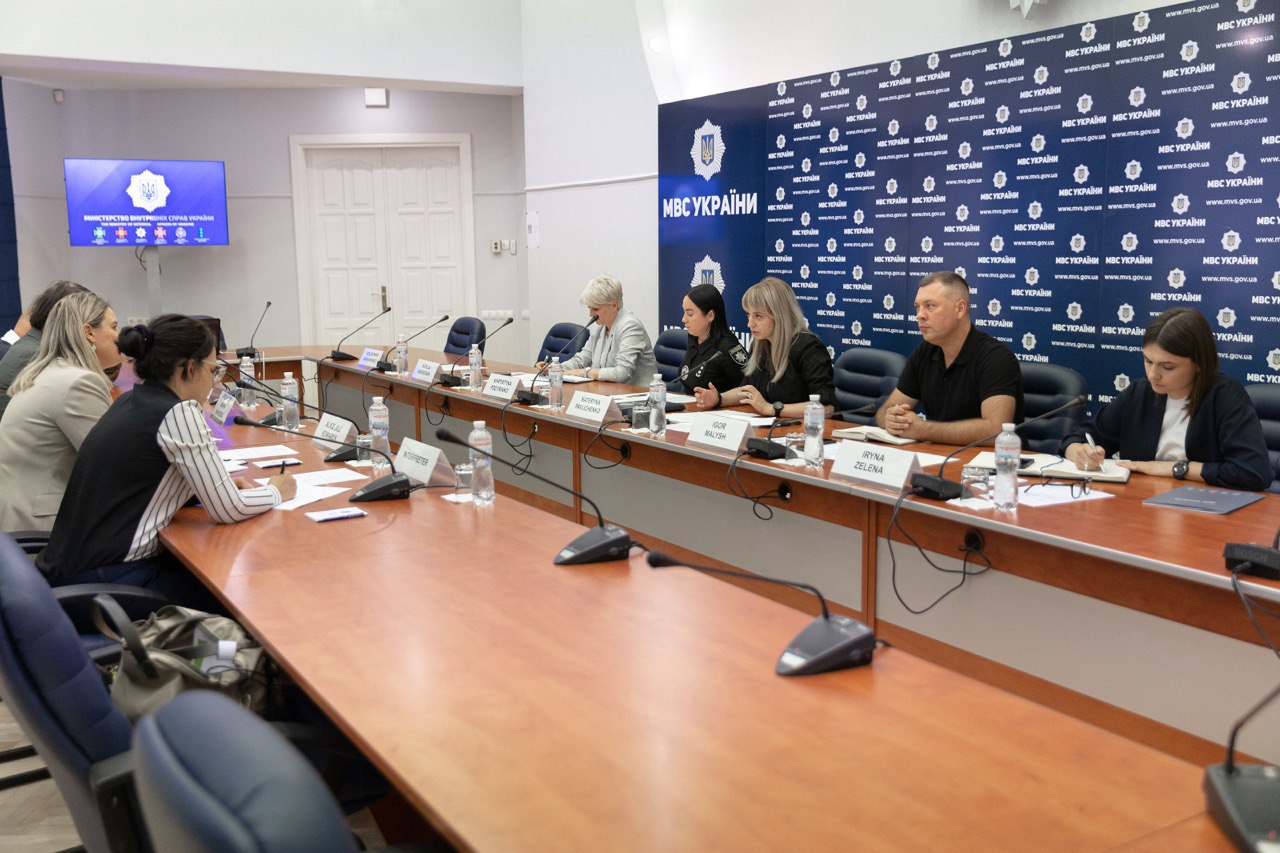
Department of Communications of the Ministry of Internal Affairs of Ukraine




